Humanizing Science and Engineering
Does the passage of the CHIPS and Science act presage a new kind of politics? If industrial policy of the kind envisioned in recent US legislation turns out to be the basis of a bipartisan politics of science going forward, it will reflect a new understanding of the world and the place of science and technology in it. Essays in the Fall 2022 Issues explore what this evolving relationship with society will mean for both citizens and the science and technology community.
Editor's Journal
What Lies Beyond the Politics of Pure Science?
Read MoreShifting to more results-driven public funding of scientific research is also a move toward something deeper and harder to measure: a different relationship between science and society.
Forum
The Future of Global Science Relations
Read MoreThe Grind of Infrastructure Maintenance
Read MoreInvesting in European Innovation
Read MoreIs Open Source a Closed Network?
Read MoreAuthoritarian Environmentalism
Read MoreImagining a Better Internet
Read MoreInnovation in Mentorship
Read MoreA New Model for Philanthropy?
Read MoreA STEM Workforce Debate
Read More
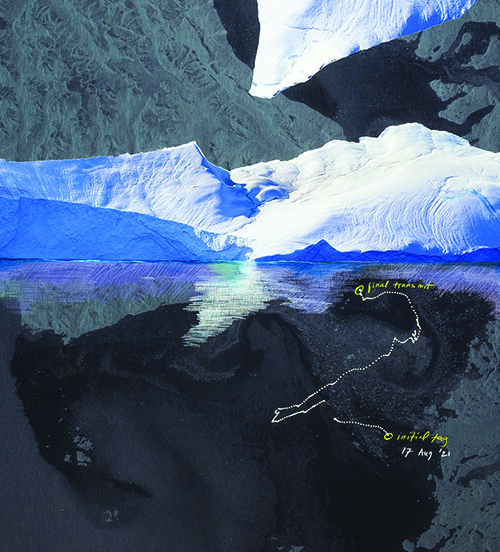
Gallery
Arctic Ice
Perspectives
What Is the Big Picture in Carbon Removal Research?
Read MoreAfter more than a decade leading the US Carbon Cycle Science Program Office, Gyami Shrestha shares lessons learned from coordinating multiagency activities around carbon dioxide removal (CDR) research.
Making Gene Therapy Accessible
Read MoreGene therapies have the potential to cure diseases that are prevalent in low- and middle-income countries, but making them accessible in such countries will require new infrastructure and funding models as well as better health care delivery systems.
Government and the Evolving Research Profession
Read MoreIt is now time to work together to transform the research organizations, management strategies, and policy approaches surrounding the relationship between researchers and the public.
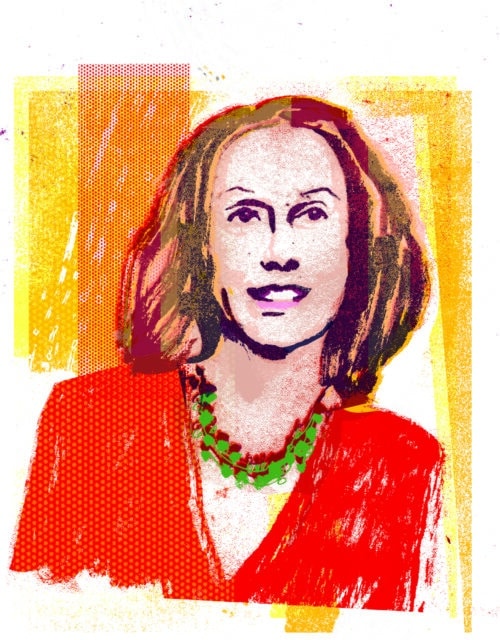
Interview
“People Feel That Their Ability to Contribute to Society Has Been Terribly Thwarted”
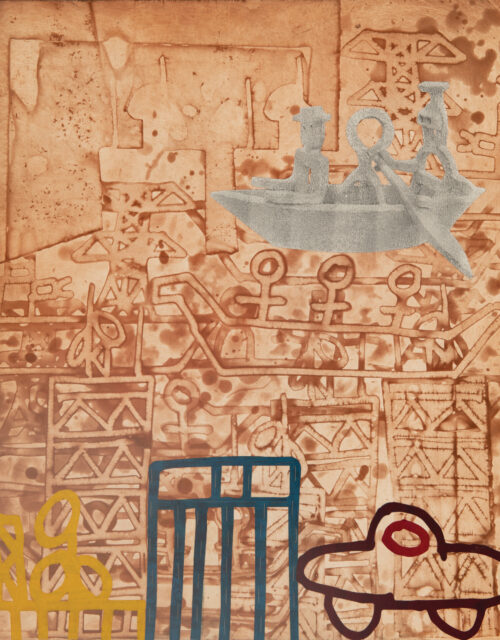
Gallery
The Story Is Yours, Too
Features
The Wireless Body
Read MoreWireless, wearable health care technologies have long embodied tensions between ideals and markets, transparency and control, and promise and practice.
Collaboration on the Mudflats
Read MoreCollaboration between communities and experts requires ongoing negotiations of differences and extended deliberations about where to focus and how to change efforts over time. This is long-term work that requires learning how to inhabit and cross multiple worlds to try to identify how they might connect, and also to learn how to move differently within each.
Finding My Future Beyond the Bench
Read MoreTaking part in California’s interdisciplinary research on Valley fever changed the way an early-career scientist conducts research, prioritizes community collaboration, and engages with policy.
Humanizing Science and Engineering for the Twenty-First Century
Dr. Nettrice Gaskins is a widely recognized African American digital artist who creates works that combine images of individuals with an artificial intelligence (AI) application that synthesizes patterns. When her larger-than-life portraits… Read MoreHow Missouri’s Legislators Got Their “Science Notes”
Read MoreAfter years of development, an innovative science and technology policy fellowship program now provides nonpartisan information to the legislature of a state with thriving science, technology, and biotech industries.
How the CHIPS and Science Act Can Deliver on Its Promises
Read MoreThis collection of essays explores how the CHIPS and Science Act can deliver on its promises for competition with China, manufacturing and workforce preparedness, place-based development, and sustainability—and whether it marks “an inflection point” for America’s technological leadership.
Manufacturing and Workforce
Read MoreTo succeed, the CHIPS and Science Act must be matched by a long-term national commitment to invest in research, technology, and a qualified workforce.
Place-Based Economic Development
Read MoreThe CHIPS and Science Act reflects a widespread recognition of the need to distribute investment more evenly across the American landscape.
Sustainability for Semiconductors
Read MoreThe CHIPS and Science Act presents a once-in-a-lifetime opportunity to center sustainability in ongoing R&D and investment and mitigate the myriad environmental impacts of chips before they become even more ubiquitous.
The CHIPS and Science Act: An Inflection Point for Technological Leadership?
Read MoreThe CHIPS and Science Act should be used as a fulcrum to usher in a cultural change—within the federal government and beyond—reflecting the recognition that, combined with the search for novelty, technological advances and scientific discoveries are intimately linked.
Competing With China
Read MoreAlthough the CHIPS and Science Act’s increased investment in semiconductor research and development is welcome, whether it can improve US global competitiveness and prevent the rise of China is uncertain.
A Vision for Democratizing Government Data
Read MoreBuilding an information marketplace about how government data are used can enable new types of informed governance, strengthen science, and engage the public.
Public Access to Advance Equity
Read MoreThe American public should have access to the knowledge produced by the nation’s research and innovation enterprise. Here’s how to ensure that access to federally funded research is open, equitable, and secure.
Book Reviews
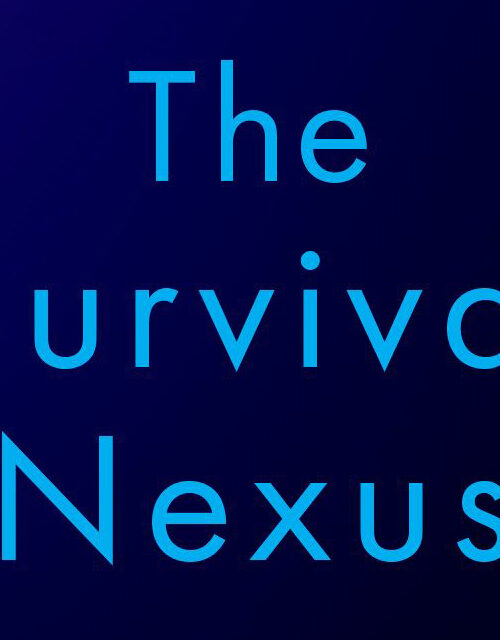
The Dangers of Systems Illiteracy
Read MoreThe need to confront and understand complex realities without cant or illusion has never been more urgent—but who has a broad enough view to explain them? Is there a coherent framework through which to grasp how a changing biosphere is affecting the outlook for human civilization and what to do about it?
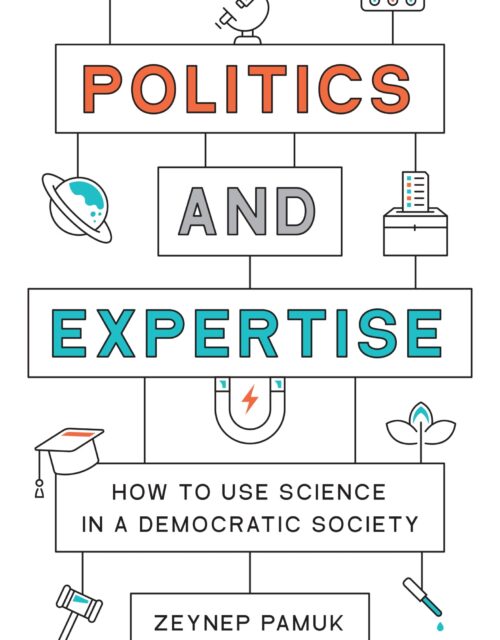
Judging the Science
Read MoreThe idea that scientists and other experts are somehow equipped to make neutral, objective determinations about questions of public policy is an illusion that ignores the limitations of science and, in so doing, inevitably damages the enterprise and its public credibility.
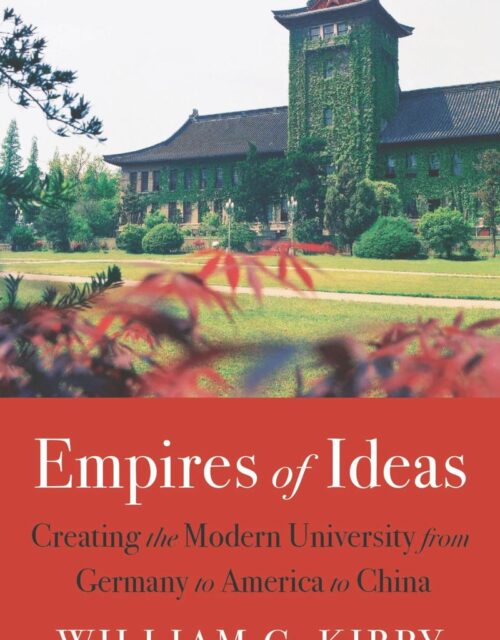
Overlooking the Possibility of Massive Disruption
Read MoreUniversities today face challenges that are both severe and unprecedented. A new book examines the histories of several leading universities to see what the future might hold for higher education.
Remembering the Harrisons
Helen and Newton Harrison, You Can See that Here the Confluence is Pretty… From the Fourth Lagoon, The Lagoon Cycle, 1974–1984. Paper on canvas, acrylic gouache, collage, photographic print with ink,… Read More
